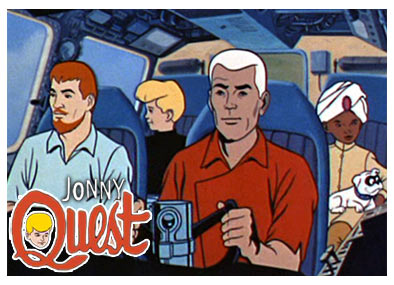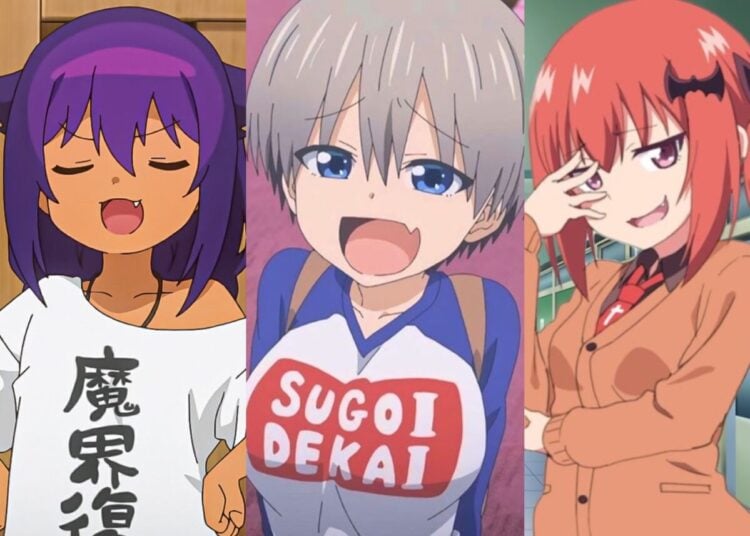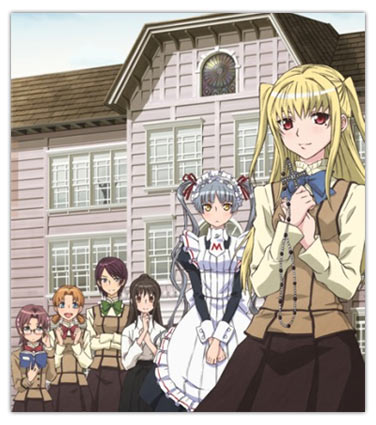The other day I was reading through random Wikipedia articles and I happened across the entry on Jonny Quest. For our younger readers, this was an animated adventure series broadcast in 1964-’65 that followed the adventures of 11-year-old Jonny, his government scientist father, bodyguard/tutor Race Bannon and Hadji from India. The show was incredibly bad-ass considering it was made by Hanna-Barbera, with hardcore sci-fi themes and plenty of international espionage, and in the pre-anime era it was just about the coolest thing on. I was surprised to read that when the show (which originally ran during prime time) was moved to the Saturday morning time slot, it was decried by parents’ groups as “the epitome of what’s wrong with cartoons” because it showed on-screen deaths, murder attempts and dangerous situations, and the violence was removed. I had to laugh at that, since to me, Jonny Quest was everything that was right with animation at the time, with stories that engaged and excited me without insulting my intelligence just because I was a kid. What would those critics say today if they knew we’d be watching awesome shows like Code Geass or Fullmetal Alchemist, which use violence as a tool to tell compelling stories that can be appreciated by a wider range of viewers, including many who would have watched Jonny Quest. A large part of the reason anime has been embraced so totally by young people over the last two decades is busy-body adults insisting that everything we watch be be sterilized — the idea that someone’s kids right now are sewing Gothic Lolita outfits and reading Touhou doujinshi becuase they didn’t do enough to resist the lame-ification of American animation is very ironic to me.

Jonny Quest was a show that was ahead of its time, whose villains included a Nazi war criminal.















